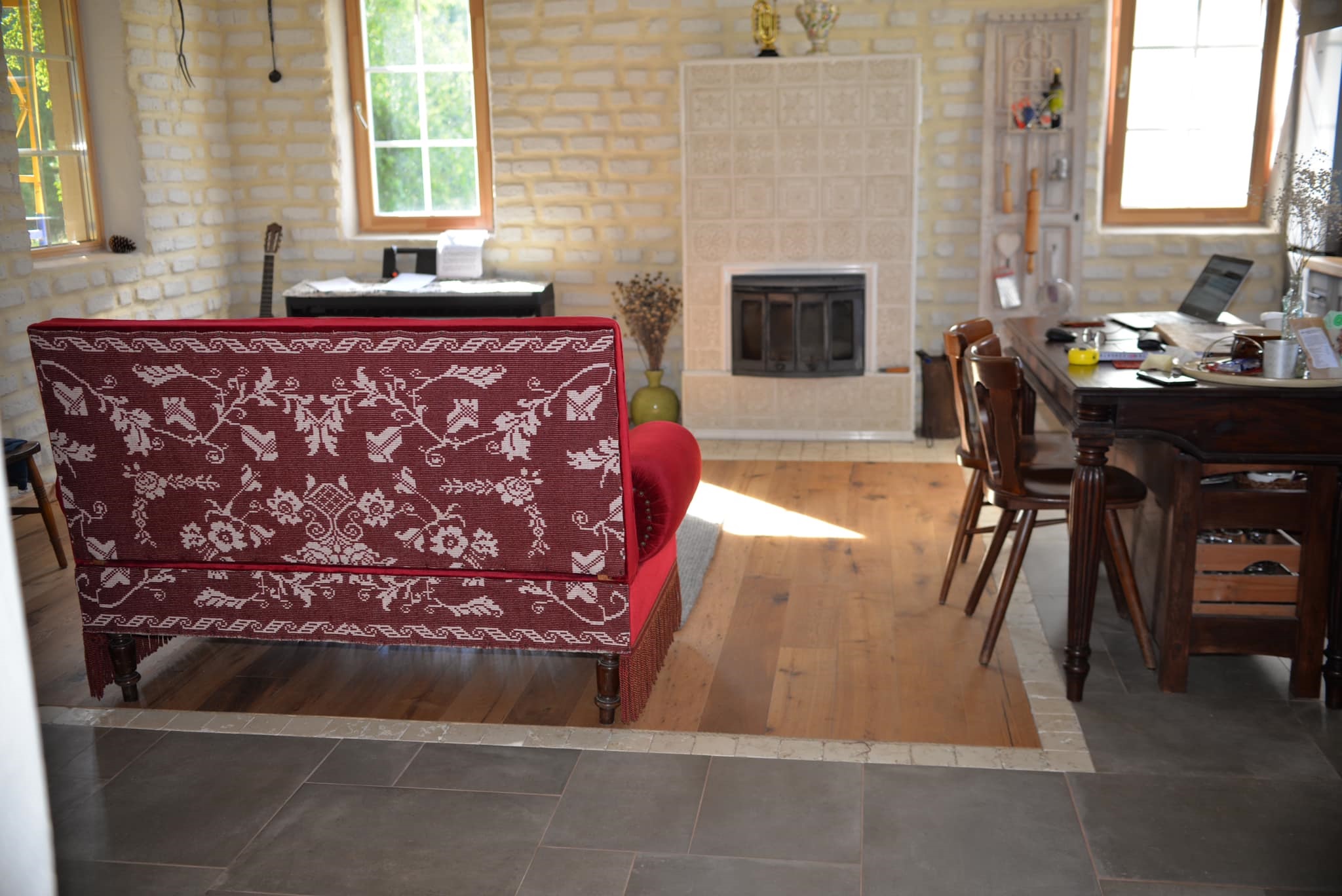Oak Library rebooted by Motiejus Kazimieras Sarbievijos

The library moved visitors to the spirit of the Baroque era – literary, history, art, virtual reality, modern technology and interactive experiences in MK Sarbievius Matrica.
The library space sank in the dusk and the sounds of the Baroque era. The baroque works performed by Vivetautas Magnus University Academic Choir Vivere Cantus allowed to hear the spirit of the era.
MK Sarbievijus (1595-1640) is one of the most famous of the 17th century. poetry creators, often referred to as « Sarmatian Horace » or « Christian Horace ». Jesuit, a professor at Vilnius University, was awarded a wreath of Pope Urbonas VIII in Rome for exceptional poetry. His work made Lithuania and Poland famous throughout Europe.
The most important highlight of the exclusive event is the original, only surviving and library stored in the library, MK Sarbievius’ Ode Blessed Stanislovas Kostka.
« It is likely that this is the only surviving publication published by the author while still alive. We kept it for a long time without knowing value, » about 1639. Edita Urbonavičienė, Director of the Oak Library, told MK Sarbievijus « Odė Blessed Stanislovas Kostka ».
The small, modest, just a few leaf book became the axis for the discussion « Does Kaunas have its own Mažvydas? ». One of the researchers who identified this unique publication is the head of the Wroclaw Library of the Lithuanian Academy of Sciences dr. Sigitas Narbutas, who made the similarities and differences in Martynas Mažvydas and Mk Sarbievius, summarized:
« They both helped the origins of culture, its longevity. With Mažvydas and Sarbievia, we can defend our origins. »
The literary historian smiled that the Baroque publication was helped by modern technology-the library digitized Mk Sarbievia and uploaded it to catalogs, while Ona Dilytė-Čiurinskienė, a researcher at the Lithuanian Institute of Literature and Folklore, discovered it: Yes, the 17th century. The book is stored here at the Oak Library ”.
His words surpassed time.
Old Literature Specialist dr. Asta Vaškelienė explained how special S. Kostka was sung in Mark in Sarbievijus’ ode: « Catholic saint, Jesuit monk Kostka is considered the patron of the Grand Duchy of Lithuania, as well as the patron of Lithuania and Poland.
Specially for this event, the ode from Latin was translated into Lithuanian, and in the created virtual reality experience, « Ode: Feather to Pixel », visitors could move to the Baroque matrix and hear the Odes, turn it into MK Sarbievius’ hands and feel the Baroque values.
This double experience allowed not only to see, but also to stay at that time – to touch cultural memory as an observer and participant, to re -ask himself: who really transforms – the epoch, technology or ourselves?
« He was a visionary of his time. His words surpassed time, » Vice -Minister of Culture Ingrida Veliutė emphasized the exceptional power of MK Sarbievius’ word.
Photo by Regimantas Zakšensk
Mk Sarbievius is not just a poet or philosopher. This is a thinker who has crossed the limits of his time. He embodied what is universal: human search, harmony of faith and mind, longing for beauty and the pursuit of wisdom. For Lithuania, it is a reminder that our culture has never been a closed world. For Europe, that a global intellectual can come from the heart of Eastern Europe itself.
MK Sarbievius’ thoughts in Baroque literary style are undoubtedly relevant today.
“Non in Tumulis, non in auro gloria veri;
In pector Puro, et in mentte queta latet. ”
Translation:
“Not in graves, not in gold, there is true glory;
It lies in the pure breath of the human chest and in the quiet spirit. ”
Born in Poland, MK Sarbievius studied at the Jesuit College of Braunsberg, where he studied poetry, grammar, logic and philosophy. 1627. He started teaching at Vilnius University and later in Kražius. Here he began writing his first poems, singing the twists and turns of Kražantė and the beauty of Huntalis. He was named one of the streets of Kražiai in his honor, and the MK Sarbievijus Cultural Center was home to the restored building of the former Jesuit College.
Sarbievius died in 1640. In Warsaw, at the age of 45. Although his life was not very long, his creative legacy is enormous. His poetry was published and read not only in Poland or Lithuania, but also throughout Europe. He became one of the most prominent poets who wrote in Latin of that period.
An interesting detail that MK Sarbievius was considered an almost compulsory numerical at European universities in the 18th century. – His poetry was analyzed, appreciated and admired not only by the clergy, but also by secular intellectuals.
Literary scholars distinguish that MK Sarbievijus repeats the Stoic’s idea – only the person is free, which is independent of external things but controls his passions, behaves wisely and virtuously. Freedom is not an opportunity for action but an inner state.
« Museums and libraries are memory institutions. If we lose their family photos or other items reminiscent of our relatives, our loved ones are sad. If the nation, the state loses its memory, books, manuscripts is a tragedy.
The prevailing Baroque at the Ąžuolynas Library was illuminated by a laser show, symbolically noting the cultural convert – the 17th and 21st centuries.
« I would like listeners to hear something I haven’t heard yet: Sarbievius’ words, my silence, our common sound experience, » said Patris Židelevičius, creator of the compositions: Ode: Ode: Ode: Ode:








